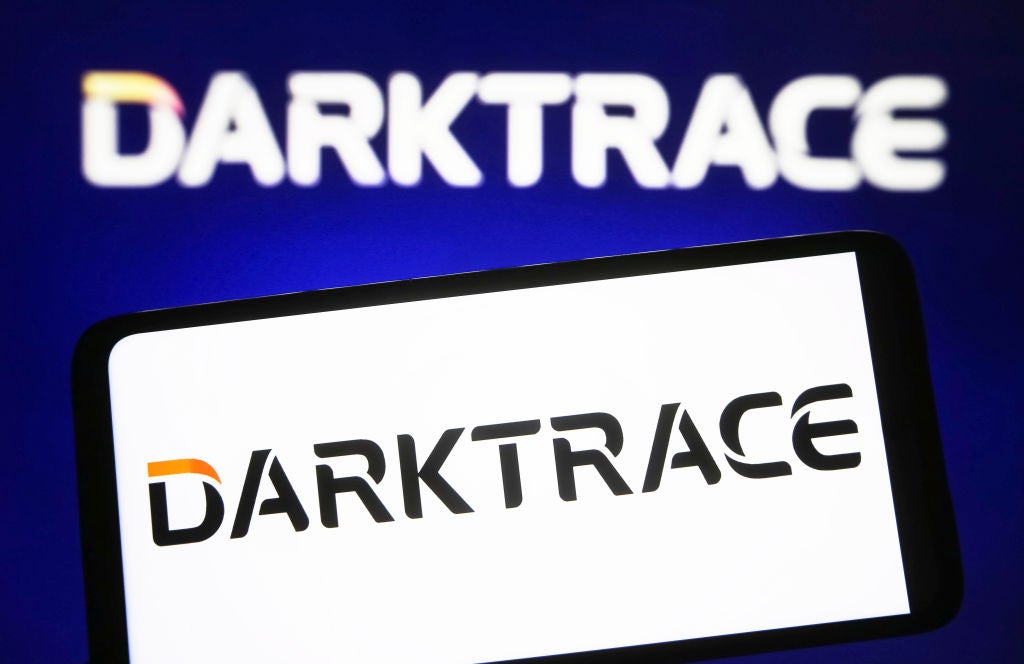
Theresa May’s Brexit deal has been damningly rejected by MPs.
The scale of the defeat – at 230 votes, represents the largest defeat in the history of the Commons, by arguably the most incompetent government in history – has left the UK’s IT industry staring a no-deal Brexit scenario in the face. The ongoing political and economic uncertainty leaves the tech sector open to severe impacts on its ability to service client contracts, as well as raising concerns about falling rates of investment and competitiveness in decline.
The government’s inability to square the Brexit circle has left IT chiefs urgently calling for “absolute clarity” on how the government moves forward, and demanding that a no-deal option is taken off the negotiating table.
Nicky Stewart, Commercial Director of cloud services company UKCloud told GlobalData: “[The outcome of the vote] doesn’t leave the tech sector any further forward. What we need now is absolute clarity on how the government intends to progress – something the digital, and every other market, sector has been asking for two years. No deal should be taken off the table now – this isn’t in anyone’s interest.
Size matters
“The UK’s digital industry is so strong and innovative that it can make a really positive contribution to the way forward, and will underpin it. What the industry needs is a solid template against which it can plan and invest.”
According to tech vendor group techUK, the UK’s digital sectors account for 16% of UK domestic output, 10% of employment and 24% of UK exports. It is a sector that “contributes disproportionately to growth, productivity and innovation, directly and indirectly, and its development has been stated as a national priority.”
How well do you really know your competitors?
Access the most comprehensive Company Profiles on the market, powered by GlobalData. Save hours of research. Gain competitive edge.

Thank you!
Your download email will arrive shortly
Not ready to buy yet? Download a free sample
We are confident about the unique quality of our Company Profiles. However, we want you to make the most beneficial decision for your business, so we offer a free sample that you can download by submitting the below form
By GlobalDataThe UK tech marketplace, as a result of its geography and membership of the European Union (EU), provides clarity of access and a bridge to European markets for technology companies around the world, from Silicon Valley tech giants to tech start-ups bursting with innovation, some of who one day will become tech giants themselves.
The UK’s information and communications technology (ICT) market is the fourth-largest in the world, valued at $153bn in 2018, according to GlobalData figures.
Free flow of data
The UK digital market relies on the free flow of data across borders. Indeed, the international flow of data and information is what drives economies around the world, something a disorderly Brexit would put at risk by fragmenting the regulatory certainty that currently exists between the UK and its EU neighbours.
This is important because businesses necessarily depend on data flows to gain access to markets, create effective, friction-free supply chains and make worldwide transactions.
Data protection
A ‘no deal’ scenario also has implications for key areas such as data protection. Although the government has published plans for technical amendments to data protection legislation, which means that there would be no change in the way companies have to handle personal data, under a no deal arrangement the UK would immediately become a full ‘third country’ and would no longer be automatically deemed a suitable place for EU data to be sent. There will be no time before the 29 March deadline (when UK is due to leave the EU) for full ‘adequacy’ assessments between the UK and EU to be completed.
Talent is both the oil that lubricates the tech sector and the creative spark that ignites its engine. But under no-deal, according to techUK, there would be a “high level of uncertainty about individual citizens’ rights and future immigration systems, with freedom of movement coming to an immediate end.”
Talent pool
The UK tech sector is reliant on global talent. Some 18% of its three million employees were born outside the UK, with a third coming from EU countries.
IT in the UK is already facing a major skills shortage which, techUK argues, “threatens to limit the growth of the sector. Putting more hurdles in the way of companies attracting skills and talent into the UK does nothing to make the UK an attractive place for tech.”
A no-deal scenario would severely impact the ability of UK digital businesses to service contracts in the EU because of issues with free movement of staff, (such as a UK member of staff travelling abroad to set up a data centre operation).
If we leave the EU with no deal, regulatory cover will be provided by the World Trade Organization’s General Agreement on Trade in Services (GATS). The EU schedule states that Mode 4 delivery (travelling to another country but not establishing a business entity there) means such travel will only be permitted for three months in any 12 or for the duration of the contract, whichever is lower. This could result in UK firms struggling to win contracts against EU businesses that can offer longer contract terms.
Investment
The UK has long been a magnet for inward investment. According to Tech Nation, the UK was in the top three countries for total capital invested in digital tech companies from September 2016 to August 2017, behind only the US and China.
Although there is no suggestion that UK tech investment will suffer a fatal Brexit hit, the political and economic uncertainty created by Brexit will make the UK a less attractive place for tech companies to invest and lead to other sites – such as Dublin and Amsterdam – gaining tech investment that should be headed for UK cities such as Cambridge.
Though the UK will still do well in terms of tech investment, there is already anecdotal evidence of investors hedging their bets. The UK was, until relatively recently, an extremely popular place to put money. If, as the California headquarters of a tech company, you were going to put an R&D facility for drones or artificial intelligence (AI) in Europe, somewhere like Cambridge would have been at or near the top of the list of potential locations.
Now, in the wake of the uncertainty caused by Brexit, the £100m that would have gone to the UK, could become £80m, with £20m going to Amsterdam. Over time that £80m becomes £60m, and so on.
If you’re the head of a UK tech subsidiary pitching for R&D investment against internal competition from China, Japan or Australia, the global CEO will ask what the business environment looks like.
Admitting to a landscape buffeted by Brexit, with concomitant concerns about access to skills, a Digital Services Tax, potential changes to the migration system that might make skilled employees harder to recruit and prolonged political uncertainty, would be unlikely to help your chances of securing the investment.
The loss of European Investment Bank funding in the event of a no deal Brexit also has implications for the size of cheques that venture capitalists can provide for tech start-ups and companies scaling up their operations.
Competitiveness
The government’s two-year Brexit nightmare has proved the referendum was also illusory in terms of the outcomes it could deliver and today its machinations are threatening the competitiveness of the UK ’s digital sector.
From a tech point of view, the government consistently talks about “winning the global race” – in AI, for example – but not even Britain’s Olympic long-distance runner Mo Farah can win a race with his legs tied together.
The government – indeed Parliament as a whole – needs to stop wringing its hands and playing political games and find a way of taking the no-deal option off the table. That will at least create some space for the difficult discussions that lie ahead.









Related Company Profiles
European Investment Bank